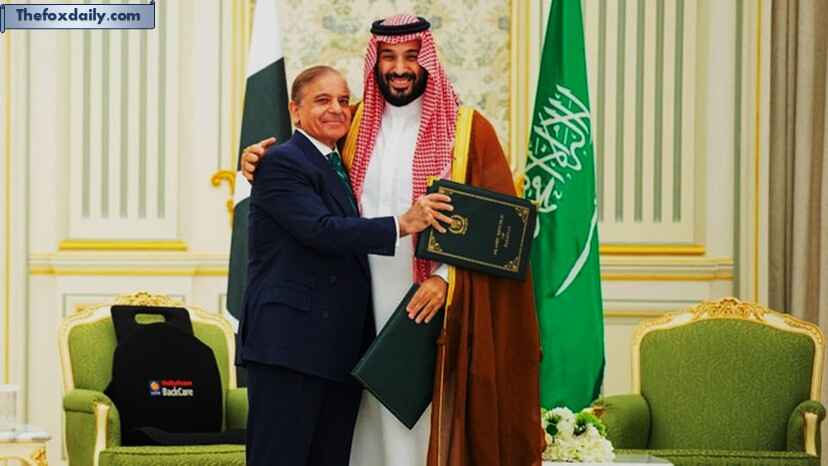
Saudi Arabia’s defence pact with Pakistan goes beyond symbolic diplomacy. By declaring that an attack on one is an attack on both, Riyadh has given Islamabad a powerful shield against accountability. For Pakistan, this agreement looks less like deterrence and more like indulgence — a contractual guarantee that Saudi Arabia will protect its regional provocations.
Timing and Intent Behind the Pact
The pact comes at a strategic moment. After the 2022 Houthi drone attacks on Saudi Aramco and Israel’s 2025 raid on Qatar, Riyadh sought a dependable military partner. Pakistan, eager to project itself as the protector of the Muslim world, capitalised on the opportunity, converting decades of cooperation into a formal protective alliance.
A History of Military Cooperation
This alliance is not new. Pakistani troops were first deployed in Saudi Arabia in the 1960s to safeguard Islamic holy sites. After the Iranian Revolution of 1979, Saudi reliance on Pakistani military support grew, driven by concerns over Tehran’s regional ambitions.
Even more significant, Saudi Arabia covertly funded Pakistan’s nuclear programme during international sanctions — a fact documented in General Feroz Hassan Khan’s book Eating Grass. This long-standing partnership has now been formalised into a defence pact.
Implications for India: Terrorism With a Shield
Pakistan has repeatedly used terrorism as state policy, from Pahalgam to Pulwama to Mumbai. These were not random incidents but calculated provocations, designed to test India’s restraint. With Saudi backing now institutionalised, Pakistan’s generals may feel emboldened to escalate with greater confidence.
The Nuclear Dimension
Saudi Arabia’s historical influence over Pakistan’s atomic programme makes the nuclear aspect impossible to ignore. Pakistan can flaunt its nuclear arsenal knowing that Saudi political protection — combined with American strategic involvement — provides it with multiple safety nets. This increases the risks of nuclear brinkmanship in South Asia.
The Role of the United States
The United States adds another layer of complexity. While Washington publicly denounces terrorism, its cooperation with both Saudi Arabia and Pakistan allows Islamabad to maintain operational latitude. This dual strategy enables Pakistan to continue cross-border provocations with limited fear of international consequences.
Emerging Strategic Triangle in South Asia
What emerges is a dangerous strategic triangle:
- Pakistan escalates through terrorism and nuclear brinkmanship.
- Saudi Arabia provides military and political cover.
- The United States ensures strategic ambiguity.
This asymmetric environment leaves India in a precarious position. New Delhi must now balance military preparedness with diplomatic precision to safeguard its sovereignty and counter state-sponsored terrorism.
Conclusion: A More Dangerous South Asia
The Saudi–Pakistan defence pact has altered the security dynamics of South Asia. By granting Pakistan a diplomatic shield, Riyadh has effectively changed the rules of the game. The risks of escalation are now higher than ever, and India faces the challenge of navigating a more hostile and uncertain neighbourhood.
For breaking news and live news updates, like us on Facebook or follow us on Twitter and Instagram. Read more on Latest World on thefoxdaily.com.






COMMENTS 0